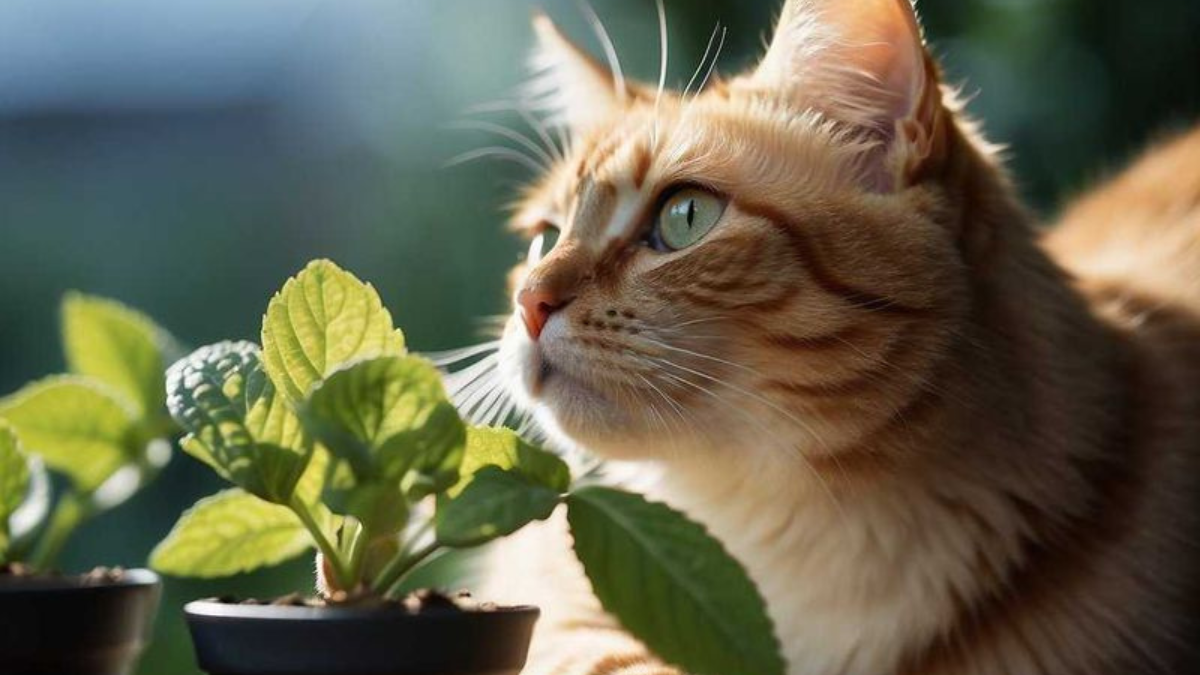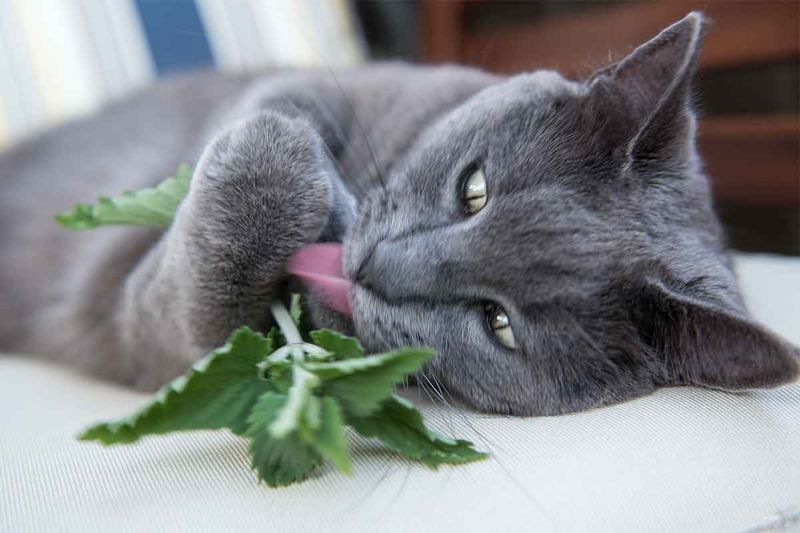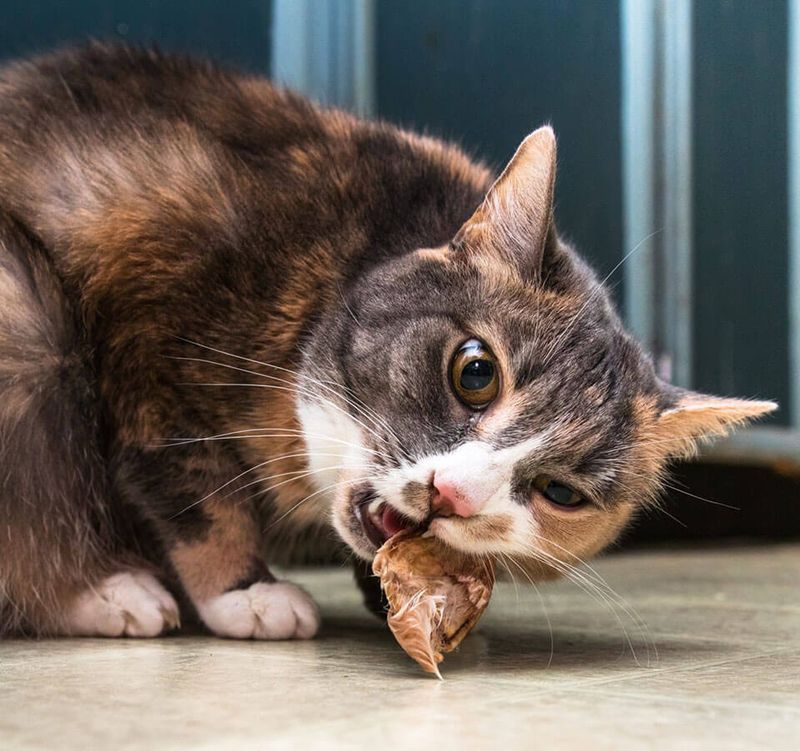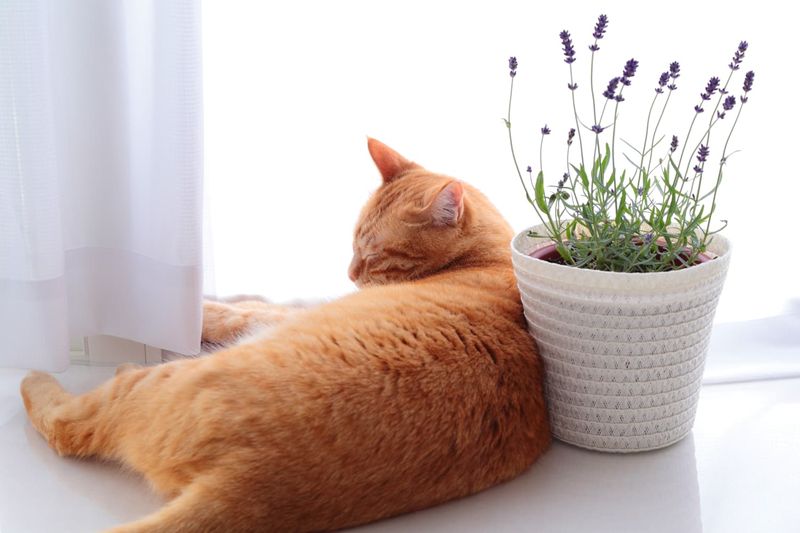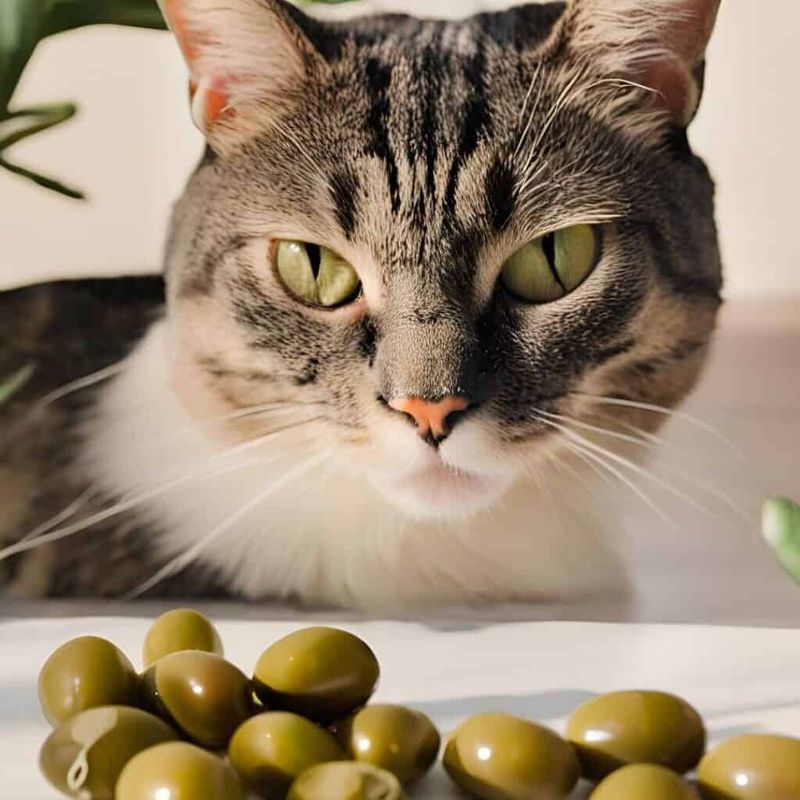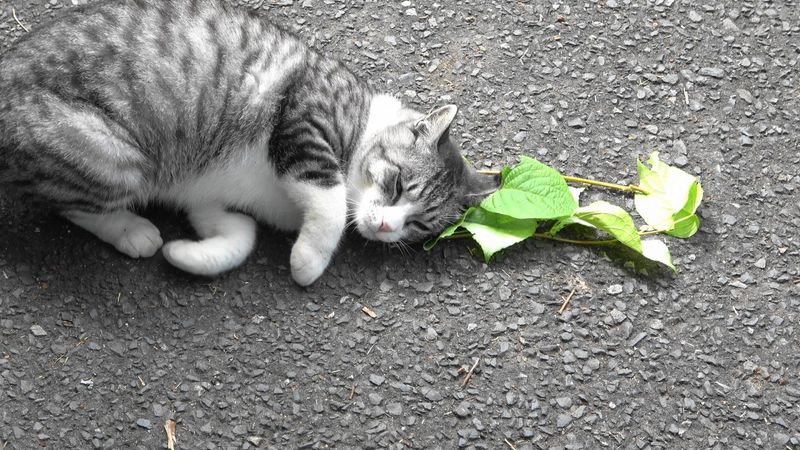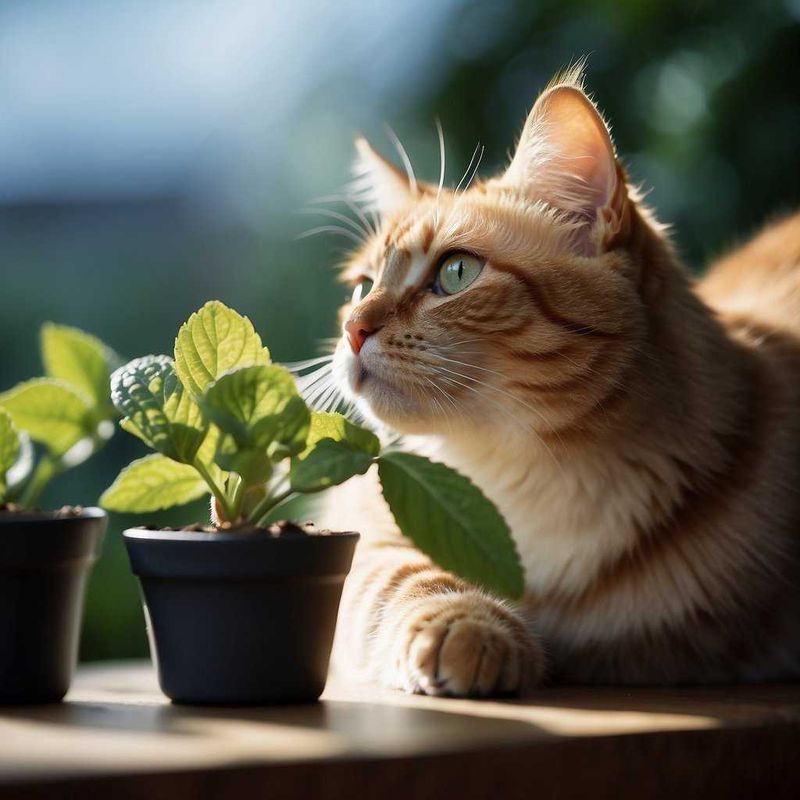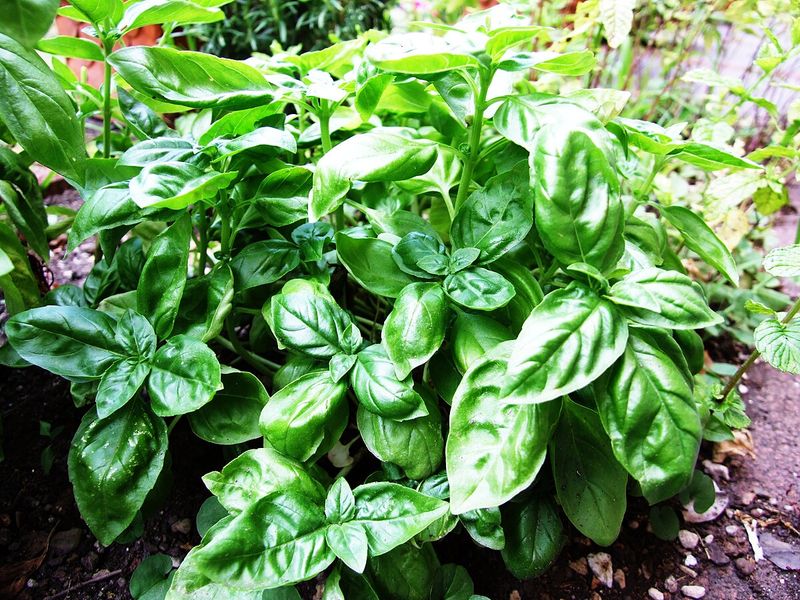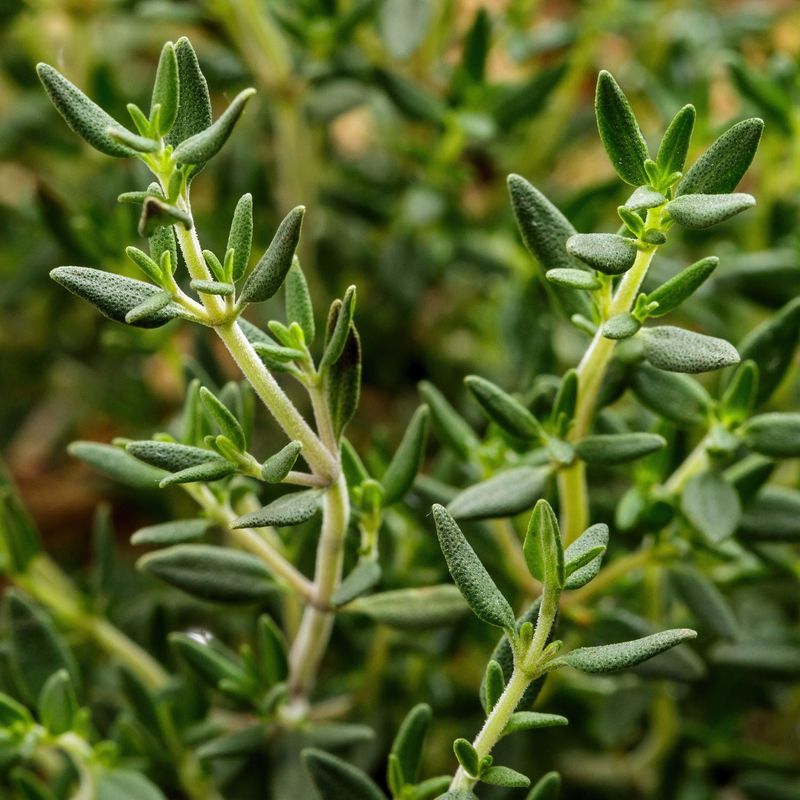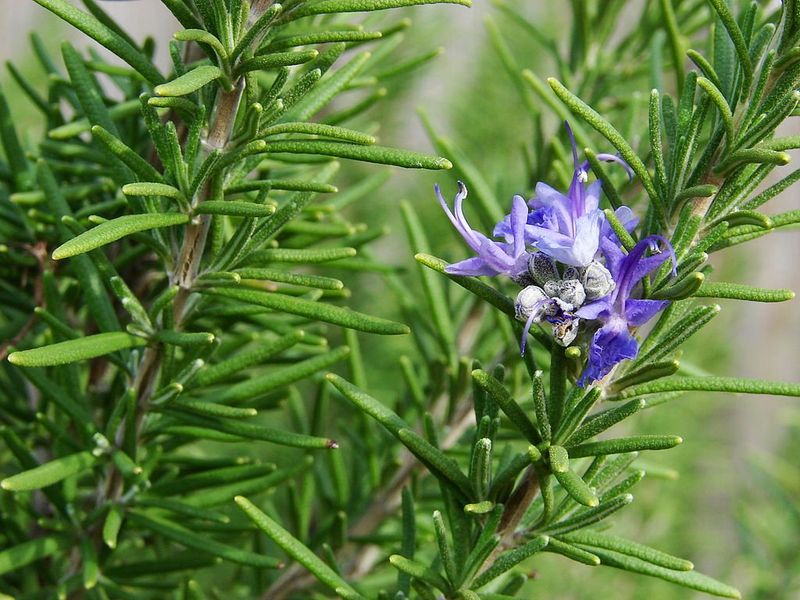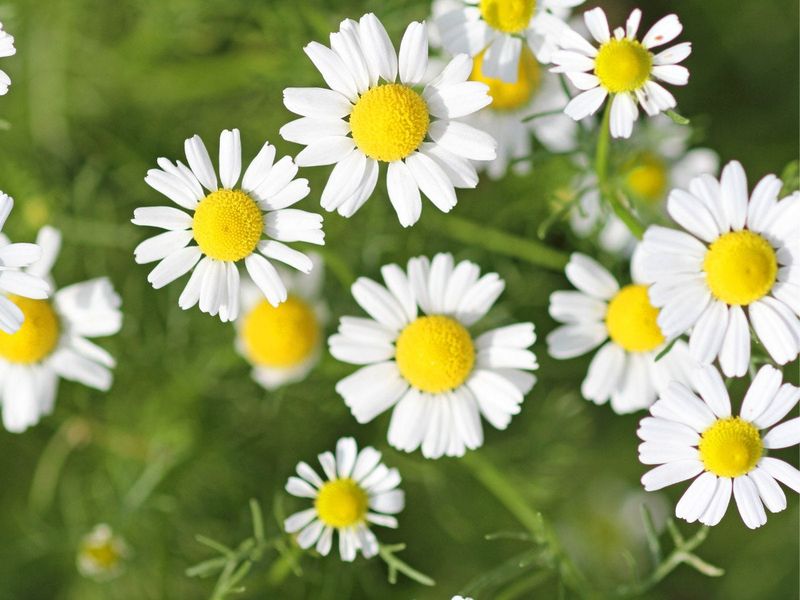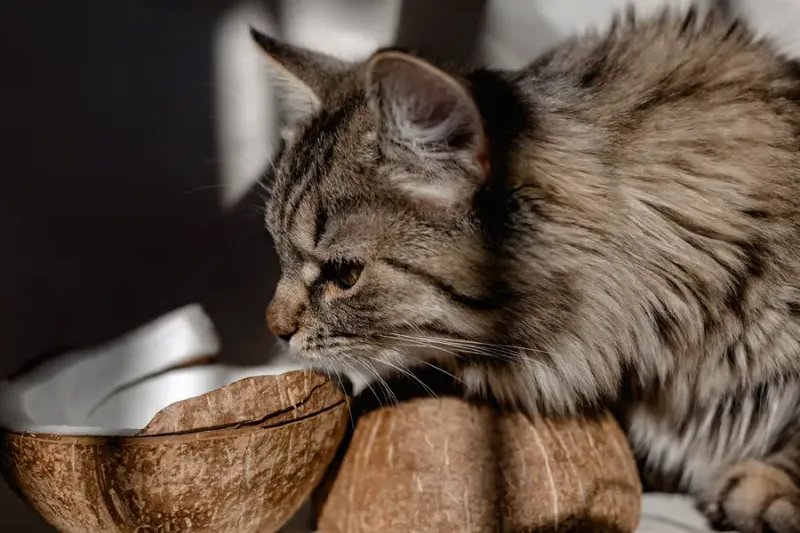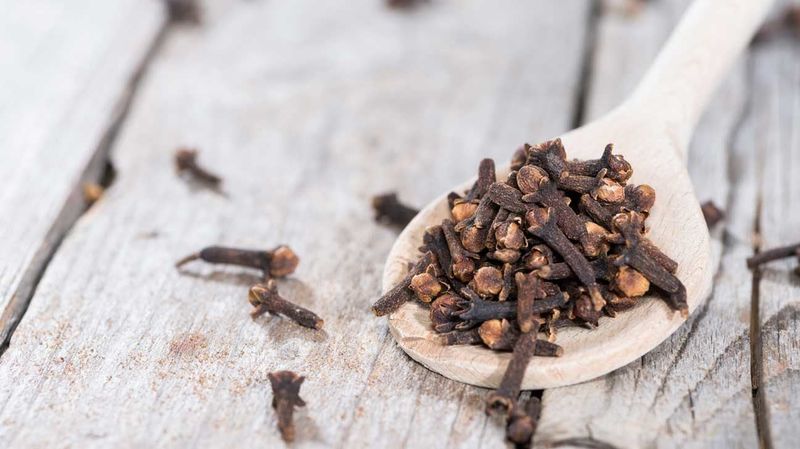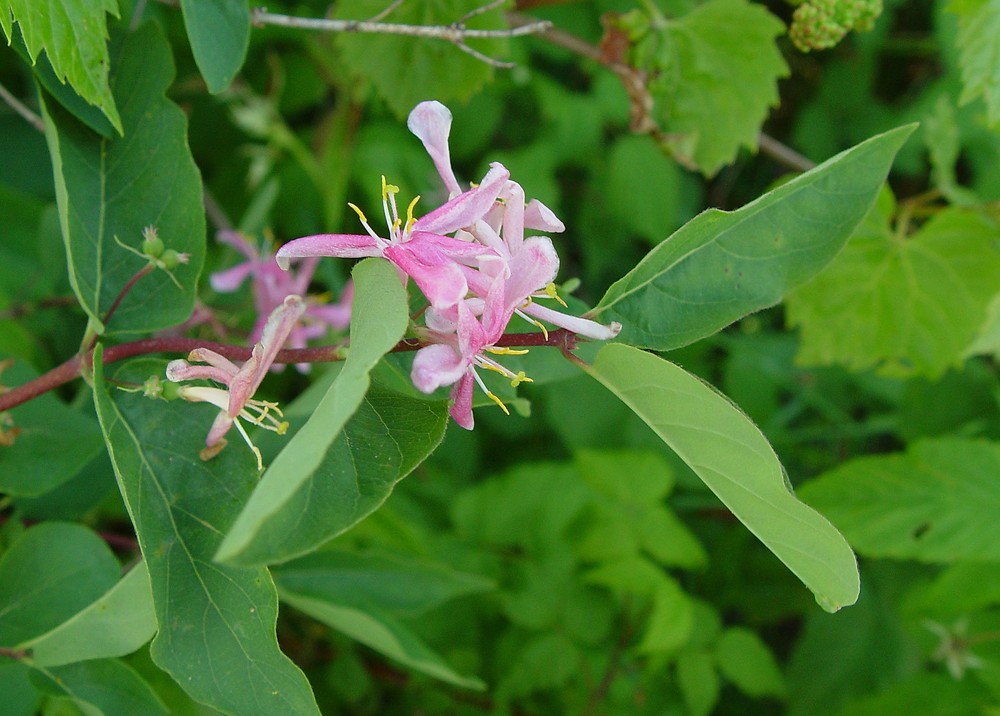📖 Table of Content:
Cats are known for their exceptional sense of smell, which is an essential part of how they interact with the world around them. Their heightened olfactory abilities allow them to detect scents that bring comfort, joy, or even excitement. Unlike humans, who may focus on sight or sound, a cat’s environment is largely shaped by the smells it encounters.
While cats are famously particular and quick to reject odors they dislike, certain scents can spark curiosity, relaxation, or even playful behavior. From the natural allure of specific herbs to the comforting aroma of familiar surroundings, these delightful scents can transform a space into a haven for your feline friend.
By incorporating these aromas into your home, you not only enrich your cat’s environment but also strengthen your bond with them. Understanding what scents cats love can help you create a harmonious and inviting atmosphere that enhances their well-being.
In this guide, we’ll dive into 13 scents that are irresistible to cats and explore how you can use them to make your pet’s life even more enjoyable. Whether you’re looking to create a calming corner or a stimulating play area, these aromas are sure to keep your cat happy and content.
1. Catnip
Catnip is perhaps the most famous scent that cats adore. It is a member of the mint family and contains a compound called nepetalactone. When cats catch a whiff of this delightful herb, it often triggers a euphoric reaction. Cats might roll around, purr loudly, or even play more energetically.
The effect of catnip can be both entertaining and soothing for cats. Interestingly, not all cats are affected by catnip; it’s estimated that about 70% of cats experience this reaction. Providing catnip toys or fresh catnip leaves can be a fun way to engage your feline friend.
2. Valerian Root
Another enticing scent for felines, this root contains actinidine, a compound that acts as a stimulant, much like catnip. Exposure often results in increased playfulness and activity, making it a fantastic way to engage your pet.
Particularly beneficial for cats who don’t react to catnip, it serves as a great alternative for entertainment. Toys filled with this aromatic root can provide endless amusement, encouraging active play and mental stimulation. To avoid messes, ensure the root is securely enclosed in a toy or pouch, as its strong scent can be overwhelming. This unique addition to your cat’s sensory experiences is both stimulating and enjoyable.
3. Lavender
Renowned for its calming properties, this gentle floral aroma can be a soothing presence for anxious or stressed cats. Its scent creates a tranquil environment, helping to ease tension and promote relaxation.
For cats that are drawn to this fragrance, they may show interest by rubbing against plants or enjoying bedding infused with a light touch of diluted oil. However, moderation is key, as an overly strong aroma can become overpowering. Always monitor your cat’s behavior to ensure they respond positively, and adjust the use accordingly. This scent can be a valuable addition to creating a serene and comforting space for your feline companion.
4. Olive Oil
Olive oil has a scent that many cats find attractive. The smell of olives, particularly green olives, can evoke a reaction similar to catnip in some felines. They might roll in olive-scented items or show increased affection.
This reaction is due to oleic acid, which is found in olives and olive oil. It’s an intriguing scent that can be used to capture your cat’s attention. Olive oil is not only appealing but also safe in small quantities, making it a perfect treat. Just ensure it doesn’t become a habit, as moderation is key for dietary balance.
5. Silver Vine
A lesser-known plant with a remarkable effect on cats, this option induces playful and euphoric behaviors similar to catnip. It contains compounds such as actinidine and dihydroactinidiolide, which are especially enticing to felines.
Widely popular in Asia, this plant is becoming recognized globally as an excellent alternative to catnip, particularly for cats that show no interest in the latter. Providing sticks or powder from this plant can add enrichment to your cat’s routine, encouraging playful activity and sensory engagement. A small amount is all it takes to see its effects, making it a simple yet effective way to enhance your cat’s environment. This addition can turn ordinary playtime into an exciting and stimulating experience.
6. Mint
With chemical compounds similar to catnip, this scent is highly appealing to many cats. Its invigorating and stimulating aroma often encourages playful behavior, with cats rubbing against the plants or exhibiting excitement similar to their reactions to catnip.
Planting this in your garden offers a safe and natural way to attract your cat, creating an outdoor space they’ll love to explore. However, caution is needed with concentrated products like essential oils, as they can be too strong and potentially harmful. Sticking to fresh, natural leaves ensures a safe and enjoyable experience for your feline companion.
7. Basil
Basil’s aromatic leaves are not just a delight for human cooks; cats also find them intriguing. The fresh, spicy scent of basil can attract cats, prompting them to sniff and explore.
For cat owners who enjoy growing herbs, basil can be a lovely addition to a windowsill garden. It provides a safe and enjoyable scent for cats to indulge in without any adverse effects. However, as with all plants, moderation is key. Ensure your cat doesn’t consume large quantities, as it could lead to stomach upset. Enjoy watching your cat’s curiosity with this engaging herb.
8. Thyme
With its earthy and slightly minty aroma, this herb can capture the attention of curious cats, encouraging them to explore and engage with their surroundings. Its gentle scent provides a refreshing alternative to stronger aromas like catnip.
Safe for felines, this herb is a fantastic addition to homes with playful pets. It’s easy to grow indoors, offering a natural and interactive experience for your cat. The subtle, invigorating fragrance can stimulate your pet without overwhelming them. Watch how your cat responds and let them enjoy the mild yet captivating aroma of this delightful herb, adding a touch of nature to their daily routine.
9. Honey
Sweet and floral in its aroma, this golden substance can unexpectedly captivate cats. While they lack the ability to taste sweet flavors, the unique scent often piques their curiosity, making it an intriguing sensory experience. Offering a tiny lick occasionally can serve as a novel treat, but it’s crucial to do so in moderation to avoid digestive issues. Even without consuming it, simply exploring the aroma can be a delightful experience for your cat.
Observe as they sniff and investigate this natural wonder, enjoying the subtle yet fascinating allure of its scent. It’s a simple way to introduce a new and safe sensory delight to their environment.
10. Rosemary
Rosemary’s robust, pine-like aroma is surprisingly appealing to some cats. The intense scent can stimulate a cat’s curiosity and lead to playful exploration.
Having a rosemary plant in your home can provide entertainment and enrichment for your feline friend. It’s not only a culinary delight for humans but also a safe plant for cats to investigate. As always, observe your cat’s interaction with rosemary to ensure they enjoy the scent without overindulging. Rosemary offers a unique aromatic experience that can entertain and engage cats in a natural way.
11. Chamomile
Chamomile, known for its calming effects, also offers a soothing scent that can appeal to cats. The mild floral aroma can help reduce stress and promote relaxation.
Cats that are sensitive to loud noises or new environments may benefit from the calming scent of chamomile. Placing chamomile plants or using a diluted chamomile spray can create a serene atmosphere for your cat. It’s important to ensure any chamomile products used are cat-safe and free from harmful additives. Let your cat unwind in the presence of this gentle, relaxing herb.
12. Coconut
The scent of coconut is captivating to many cats, drawing them in with its sweet and tropical aroma. It can spark their curiosity and playful behavior, and you may see your cat rubbing against coconut-scented items or trying to find the source.
Consider using coconut oil sparingly to scent your cat’s toys or bedding. It may provide a soothing experience, creating a comfy atmosphere. Coconut not only appeals to the feline sense of smell but also offers moisturizing properties for their skin. Always ensure coconut products are safe for animals and free from harmful additives.
13. Clove
The spicy warmth of clove appeals to many cats, offering a comforting and calming effect. To create a serene atmosphere, place clove-scented sachets in your cat’s favorite spots. These can help reduce stress and enhance relaxation.
However, ensure that clove is used in a way that’s safe for your feline friend, avoiding any direct ingestion. A gentle introduction can enrich their sensory experiences and provide comfort.
14. Tatarian Honeysuckle
Tatarian honeysuckle isn’t just a visual treat in gardens—it’s also a fragrant favorite among felines. While not as well-known as catnip or silvervine, the woody branches of this honeysuckle variety can have a surprisingly strong effect on cats. Some react by rubbing, rolling, or purring in delight, drawn in by its subtle, sweet aroma. It’s especially appealing to cats who aren’t affected by catnip, offering a wonderful alternative for sensory enrichment. Just make sure it’s untreated and pet-safe—your cat’s nose will thank you!
